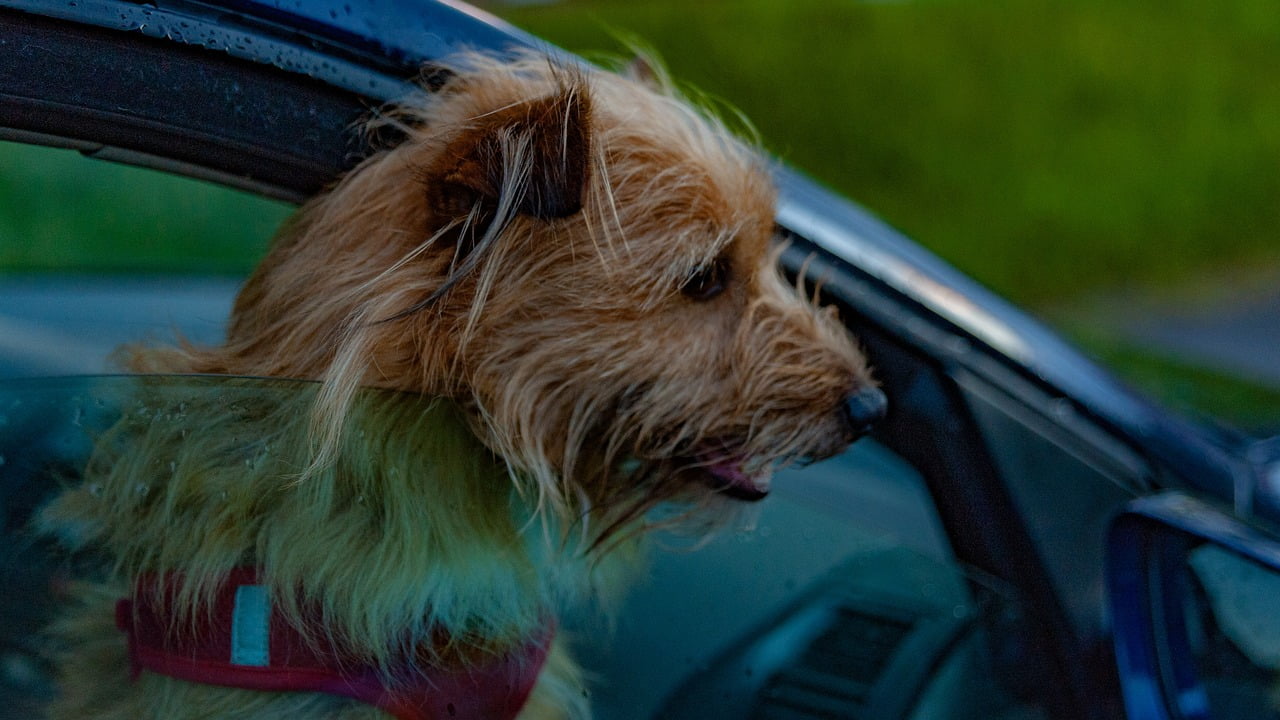
How to prepare your dog for a vet visit
Taking a dog to the hospital is a simple routine for used dog owners. However, for the first time, it’s so stressful for the dog and its parent(s). Prepare your dog and all the necessities before walking into the vet clinic to avoid wasting time and being embarrassed in front of other dog owners.
Most dog owners prefer home-call vet services to visiting the clinic. However, some procedures are too complex to be successfully handled outside the clinic setting. E.g., major surgeries. House-call vet services are less stressful for the dogs and their parents, but more expensive and tiring if follow-up treatment is needed.
This blog post provides vet tips on preparing your dog for vet visits and all the documents you need.
What you need to prepare or do when taking your dog to a veterinary hospital or clinic
- Get the contact information of the vet clinic you plan to visit from the website, social media, search engine, or friend.
- Contact the pet clinic and let them know when you are coming. If an appointment is required, schedule one.
- Ask about the vet fees or estimated bills for the case you are presenting.
- First, know the consultation or check-up fee.
- The exact fees for treatment cannot be deduced via a call. It’s only possible after a check-up and drafting a treatment plan.
- Read about the cost of treating a dog in Uganda
- Some procedures, vaccinations, deworming, dental cleaning, etc., their exact fees can be deduced via a call.
4. Prepare and pack the following documents:
- Vaccination card
- Previous treatment reports
- Any recent travel documents
- Deworming card
- Any chronic, documented health complication
- X-ray and ultrasound results
- Carry the drugs he or she is using.
5. Prepare enough history about the case or complication your dog has, e.g., when the disease started, any home treatment tried, and any other sign or abnormality noticed.
6. Always inquire with the vet clinic if any changes can be made in the dog’s daily routine (feeding time, amount of food given, routine medications). e.g., in surgical procedures, the dog is supposed to be held off food for some hours before surgery to avoid the risks of aspiration pneumonia.
7. Do not immediately transport your dog after feeding; give him or her a few hours to relax for the food to move to the lower segments of the intestines to avoid vomiting.
8. For excited dogs, keep them on a leash tied to car seats. The dog might jump on you when driving and cause accidents.
9. At the vet clinic, keep the dog on a leash. Vet hospitals get patients of different species, i.e., birds, reptiles, cats, etc. Dogs with curious behavior can rush to discover new species and cause scuffles or injuries at the clinic.
10. When outside the clinic premises, let the dog first explore the environment and mark its territory as much as he or she wants. This will make the dog more relaxed.
For aggressive dogs, always keep a comfortable muzzle on their mouths.
For any unclear prescription or scientific term used by the veterinarian, ask for a simple and detailed explanation.Your dog’s life is precious.
Contact us call / WhatsApp +256771909946 for free consultations
Don’t forget to read the related posts below and share them with other responsible pet owners.
21 Questions to Ask Yourself Before Getting or Adopting a Dog
Read about the 5 killer diseases for dogs in Uganda
Vaccination schedule for dogs (puppies) in Uganda
Read about the causes and treatments of vomiting among dogs
Read about the cost of treating a dog in Uganda
Read about if humans can get parvo
Get know if teething can kill a puppy
Read about how puppies get parvo
Find the best treatment for parvo in dogs.
Read about the price of spaying a dog in Uganda
Read about the prices of vaccinating a dog in Uganda
Read about the price of parvo treatment in Uganda
Read about the treatment of intestinal adhesion in dogs.
Read about the causes and treatment of hernias in dogs.
Read about the causes and treatment of weight loss in dogs.
Read about the loss of hair in dogs.
Read about the causes and treatment of bad breath in cats.
Read about 10 simplified steps for grooming a pet.
Learn the 8 steps of trimming the nails of your dog.
Read the causes of scratching in dogs.
Read the causes and treatment of ear infections in dogs.
Read the causes, prevention, and treatment of bloat in dogs
Reab about the causes and treatments of curled toes in turkeys
Read about causes and treatment of cancers in dogs
Vaccination schedule for dogs (puppies) in Uganda

[…] Read about what you need to take your dog to veterinary hospital […]